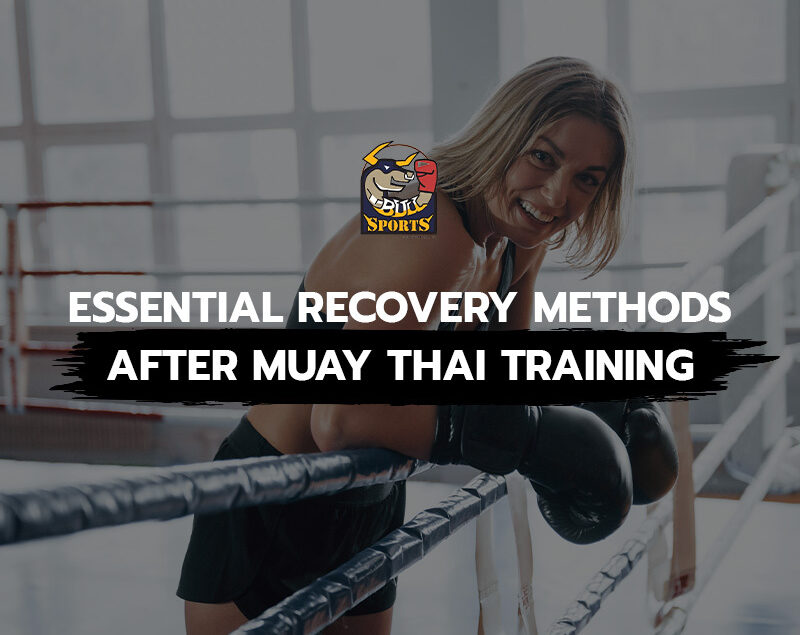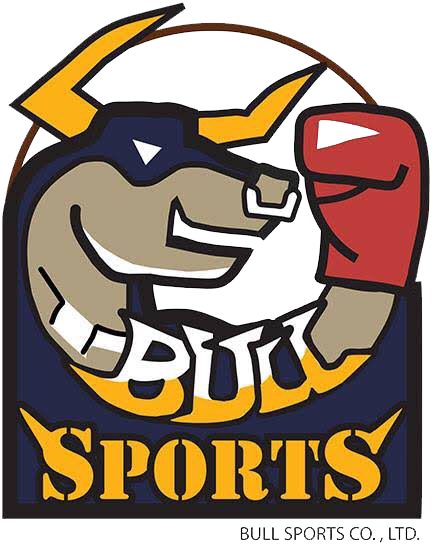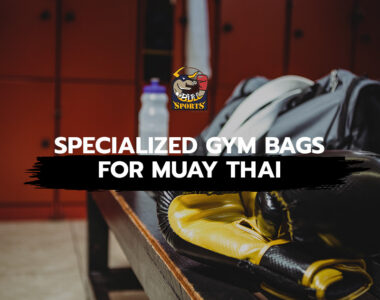
Muay Thai is an intense and physically demanding martial art that pushes your body to its limits. While rigorous training enhances your strength, endurance, and skills, recovery is equally crucial to your overall progress. Effective recovery methods not only prevent injuries but also enhance training efficiency and improve your physical fitness over time. This article will explore the importance of recovery and the best recovery methods after your training sessions.
The Importance of Recovery After Muay Thai Training
Incorporating effective recovery strategies is crucial for sustaining long-term success in your Muay Thai journey. Here’s why focusing on recovery after your Muay Thai training is so important.
Prevent Injuries and Chronic Issues
Effective recovery strategies are crucial in preventing injuries and managing chronic issues that may arise from intensive Muay Thai training. After intense sessions, muscles and joints need time to repair and rebuild. Implementing proper recovery techniques, such as stretching and foam rolling, can help reduce muscle soreness and inflammation. Regularly incorporating these practices into your routine helps maintain flexibility, reduces the risk of overuse injuries, and prevents chronic pain.
Enhance Training Efficiency
Recovery is crucial not only for preventing injuries but also for improving overall training efficiency. Allowing your body adequate time to recover can lead to better performance in subsequent training sessions. With proper recovery, you’ll experience less fatigue and more effective workouts, as refreshed muscles can handle stress more effectively and perform at their best. Critical aspects of recovery include proper nutrition, hydration, and sufficient sleep, all of which contribute significantly to enhanced performance.
Improve Physical Fitness
Incorporating recovery techniques into your training regimen can significantly improve overall physical fitness. Proper recovery helps to optimize muscle repair, increase flexibility, and enhance cardiovascular endurance. Techniques like active recovery, which involves light exercise to promote blood flow, and using tools such as compression gear and massage therapy can accelerate healing and boost fitness levels.
5 Ways to Recover After Muay Thai Training
Proper recovery helps your body heal, enhances your overall performance, and reduces the risk of injury. Here are five essential methods for fully recovering after your Muay Thai sessions.
Take a Cold Shower or Bath
Taking a cold shower or bath, also known as cold water immersion, is an effective recovery technique that can significantly enhance your post-training recovery. While it may not be the most appealing choice, particularly in colder months, the benefits it offers are substantial. Immersing yourself in cold water, typically around 50-59°F (10-15°C), for 10 to 15 minutes can help reduce inflammation, ease muscle tension, and improve overall performance. Cold water immersion positively impacts the central nervous system, aiding relaxation and improving rest after intense workouts.
Engage in Light Intensity Workouts
Maintaining light-intensity workouts like yoga, brisk walking, swimming, or light cardio on your rest days can be beneficial for both recovery and overall fitness. These activities keep your metabolism active and help you maintain regular exercise without putting too much strain on your body. Light workouts enhance blood circulation to fatigued muscles, speeding up healing and reducing delayed onset muscle soreness (DOMS). Additionally, staying active on rest days can boost your mood and help you stick to healthier eating habits, making it easier to avoid cheat meals and maintain your fitness goals.
Get Proper Rest and Sleep
Proper rest and sleep are essential for effective recovery after intense Muay Thai training. Deep sleep allows your muscles to fully relax, making it essential to get 7-9 hours of sleep each night. Without enough rest, your muscles may remain sore, and you could experience lingering fatigue. Quality sleep not only aids in muscle recovery but also replenishes your energy and mentally prepares you for your next training session. Establishing a night-time routine that promotes restful sleep can significantly enhance your performance, ensuring you wake up refreshed and ready for your next workout.
Focus on Nutrition and Hydration
Proper nutrition and hydration are crucial for effective recovery after Muay Thai training. To support your fitness goals, include whole grains, protein, and healthy fats in your meals, and consider supplements like Creatine and protein powder. Eating balanced meals every 2-3 hours replenishes glycogen reserves and maintains energy levels.
Hydration is equally important, as water constitutes a significant portion of your muscles. Drinking plenty of water before, during, and after training helps prevent dehydration, alleviates muscle soreness, and supports faster recovery. Aim for at least two liters of water daily to keep your body well-hydrated and functioning at its best.
Get a Massage Therapy
Massage therapy is an effective recovery tool for Muay Thai practitioners, aiding in the reduction of muscle soreness, tension relief, and improved circulation. Whether through professional treatments or self-massage techniques like foam rolling, massage helps break down scar tissue, enhance flexibility, and speed up healing. Regularly incorporating massage into your routine promotes faster recovery and boosts overall performance, making it an essential part of your training regimen.
Benefits of Muay Thai Training

Muay Thai is a versatile workout that provides a wide range of physical and mental benefits. Adding Muay Thai to your fitness routine can significantly improve your overall health and wellness. Here are some key advantages of training in Muay Thai.
Develop Overall Body Strength
Muay Thai offers a comprehensive workout by incorporating various movements like kicking, jumping, footwork, and striking. Due to their repetitive nature, each requires significant energy and strength.
Training in Muay Thai not only builds muscle strength and tones your body but also simultaneously targets the upper body, lower body, and core. This holistic approach engages all parts of your body, enhancing overall strength and circulation. Additionally, Muay Thai improves crucial skills such as balance, coordination, reaction time, and agility, making it a well-rounded exercise for developing overall physical fitness.
Enhance Metabolism
Muay Thai is an excellent alternative to high-intensity interval training (HIIT). Each round challenges your body to perform at its peak, while the rest periods facilitate faster recovery from exertion. This workout combines both aerobic and anaerobic energy systems, leading to a significant boost in metabolism.
Engaging in boxing enhances strength, speed, and power while stimulating your metabolic rate. Compared to activities like running or cycling, boxing can burn more calories in a shorter time, with the potential to burn up to 13 calories per minute.
Reduce Stress
After a challenging day, stepping into the ring or hitting a punching bag can be an excellent way to release built-up tension. The adrenaline and hormones released during intense physical activity positively impact your body, making boxing an effective and healthy method for managing stress. This physical activity not only alleviates emotional pressure but also enhances overall well-being.
Improve Cardiovascular Efficiency
Regular Muay Thai practice significantly boosts cardiovascular health. The sport enhances lung capacity and strengthens the heart and vascular system through vigorous cardiovascular workouts. By combining high-intensity intervals with sustained activity, Muay Thai not only boosts heart performance but also improves circulation and lung function. This comprehensive approach to training promotes overall cardiovascular efficiency, leading to a healthier and more resilient heart.
Firm and Tone the Body
One of the most noticeable benefits of Muay Thai is its ability to firm and tone the body. The combination of striking, clinching, and conditioning exercises helps define muscles. If you’re aiming for a well-defined six-pack, consider swapping sit-ups for Muay Thai. This practice demands significant core strength as you twist your hips to deliver powerful punches, burning more calories than traditional sit-ups. The result is a stronger core, bringing you closer to that visible abs.
In conclusion, recovery is as important as the training itself in Muay Thai. Incorporating these essential recovery methods into your routine can prevent injuries, enhance your training efficiency, and improve your overall physical fitness. Muay Thai offers numerous benefits, and with proper recovery, you can continue to enjoy this powerful martial art while keeping your body in peak condition.
Related Articles




1 Comment
Comments are closed.